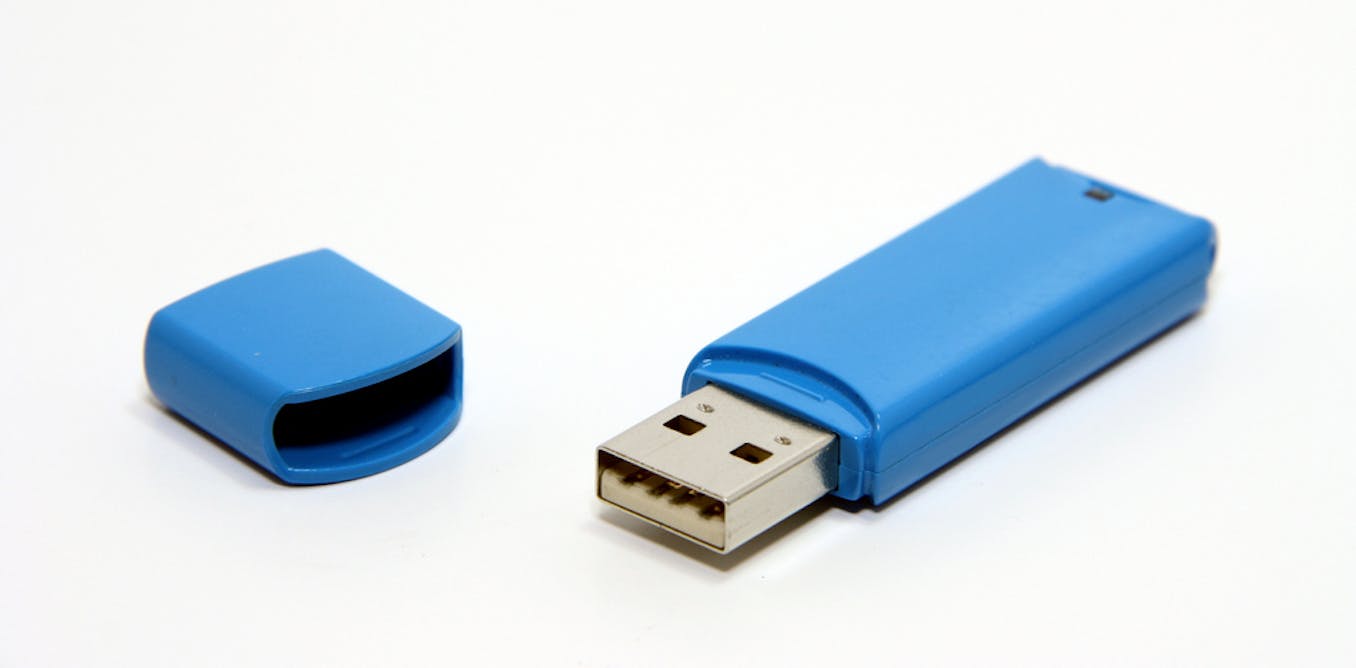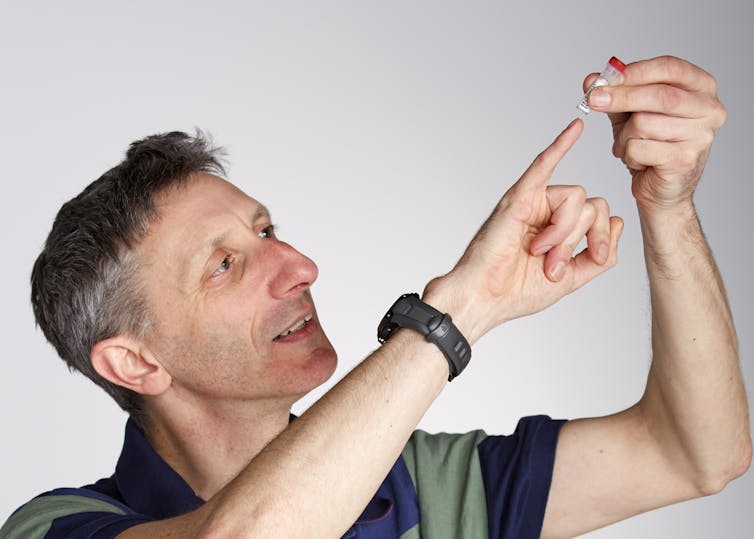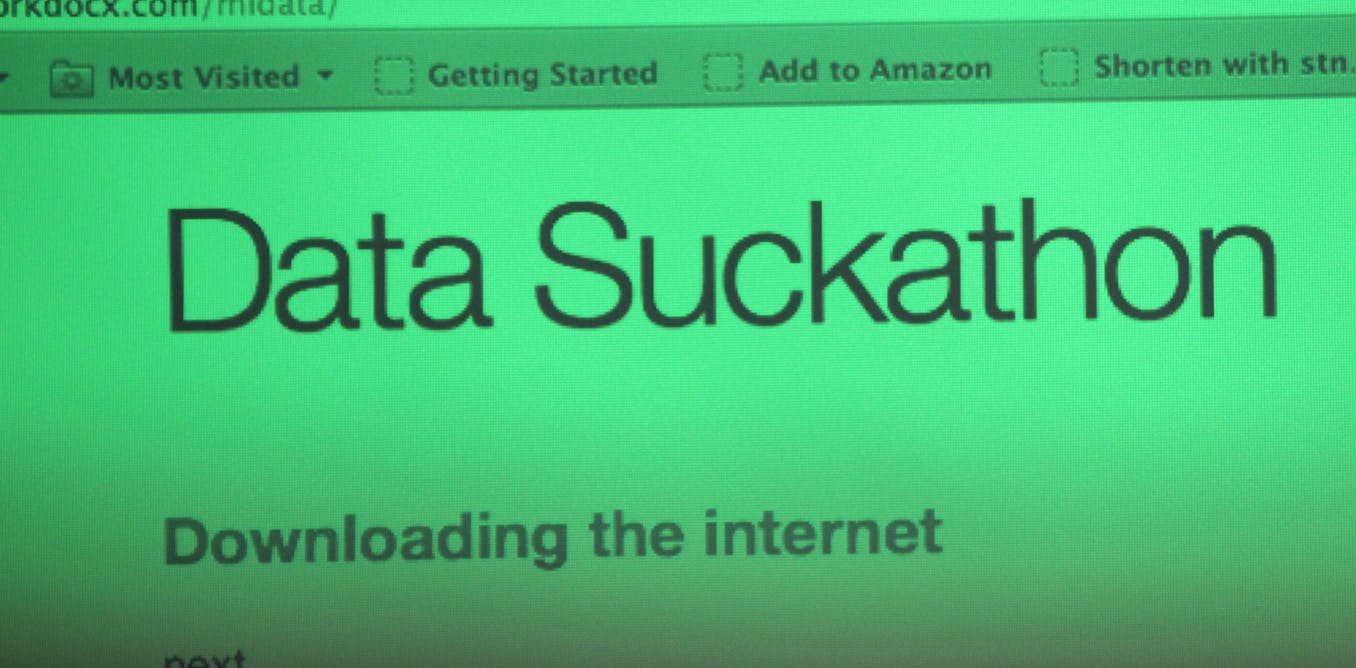
When Nicholas Carr’s article “Is Google Making Us Silly?” hit newsstands within the July/August 2008 version of The Atlantic, the response used to be predictably vociferous.
The essay itself – a 4,175 phrase editorial monolith of the type The Atlantic does so smartly – used to be a considerate exploration of the concern that heavy reliance upon the cyber web is destructive to positive cognitive colleges, together with (however no longer restricted to) focus, reminiscence and the capability for quiet mirrored image.
The object used to be right away met with a barrage of responses, from wary endorsement to tips Carr used to be espousing a “moronic” Luddism.
It’s been 4 years since that exact tempest in a teacup, however it kind of feels uncontentious to say that those issues nonetheless resonate.
If not anything else, there may be undoubtedly no scarcity of proof in favour of Carr’s observations that the cyber web is converting our dating with knowledge in some somewhat profound techniques.
In a learn about printed in Science in 2011, US scientists claimed the cyber web has grow to be a type of “exterior or transactive reminiscence”, with knowledge being saved outdoor ourselves.
Within the face of this transition, the crucial to keep in mind knowledge has as a substitute been changed with the crucial to keep in mind the place knowledge is positioned.
That is what’s regularly referred to as “the Google impact”, and is the motivating statement in the back of theories of prolonged cognition, reminiscent of the ones of philosophers Andy Clark and David J. Chalmers of their paper “The Prolonged Thoughts”.
In the meantime, any other learn about, carried out by means of UCLA Professor of Psychiatry Gary Small, confirmed skilled customers of the cyber web demonstrated greater mind job in portions of the prefrontal cortex related to problem-solving and decision-making, versus beginner customers.
Those adjustments weren’t manifest when the 2 teams have been requested to learn published textual content.
In Small’s phrases, this offers proof for the reality “the present explosion of virtual generation no longer simplest is converting the best way we are living and keep up a correspondence, however is hastily and profoundly changing our brains.”
I, individually, am no longer but satisfied it is a purpose for alarm. Definitely the mind replied with identical plasticity with the improvement of subject material tradition (roughly 2.6 million years in the past), language (someplace 50,000 and 200,000 years in the past) and writing (circa 4,000 BC).
The statement that our dating with knowledge can exchange based totally upon our artefacts turns out the merest truth, and in no way a important purpose for dismay.
That being stated, it’s my declare that the well-liked use of those gadgets is essentially converting what it approach to be a a hit learner.
When I used to be however a wee lad, slightly knee-high to a grasshopper, my mom used to regale me with horror tales about her lecture room reviews within the early Sixties.
Occasions tables and chemical formulae have been discovered by means of rote and devoid of inferential and inner coherence. Data used to be divorced from praxis, with each and every declare nacreous and glib, like banal pearls.
After all, we want to suppose fresh pedagogy has triumph over the ones shortcomings – and certainly they’ve, to a big extent.
However – a minimum of in my enjoy – undergraduate college scholars nonetheless show off lots of the tutorial conceits of prior a long time. This is, even supposing they preserve knowledge completely smartly, they frequently have a restricted capability to control it in any significant approach.
After all, talented scholars will proceed to do smartly, as they’ve all the time carried out. However the ones different scholars – in all probability much less talented, or having had fewer alternatives – seem to be blind to, and unfamiliar with, the transferring informational panorama.
Mere retention hasn’t ever been enough to succeed in educational excellence and now, with the informational ubiquity afforded to us by means of smartphones, pill computer systems and netbooks, it’s even much less related.
However even supposing scholars are not stressed by means of the requirement to keep in mind (catalysing the aforementioned “Google impact”), different pedagogical calls for make themselves recognized.
In his 1941 brief tale “The Library of Babel” Argentine writer and librarian Jorge Luis Borges requested us to believe a library that comprises all imaginable books of 410 pages, written in a language with 23 letters, areas and punctuation marks (someplace within the area of 251,312,000 volumes).
Even supposing the device has maximal knowledge, the librarians reside in a state of near-suicidal depression – their process is huge and unimaginable, as a result of one thing with maximal knowledge content material additionally has 0 knowledge content material, a minimum of as expressed as a ratio of signal-to-noise.
After all, the state of the cyber web is nowhere close to as dire, however the tale does serve for instance the predicament that informational ubiquity items for each inexperienced persons and educators.
It’s unquestionable that the cyber web has facilitated the unfold of data greater than any invention because the printing press. However larger ease of each advent and transmission approach it’s more straightforward to unfold knowledge this is spurious, deceptive or simply simple wrong (see the another way inexplicable endurance of “wind turbine syndrome”). The signal-to-noise ratio has suffered in favour of the latter.
It’s rarely a unique statement that there’s numerous rubbish on the net. However phenomena such because the Birther Motion – those that imagine Barack Obama used to be born outdoor america and is subsequently ineligible for the presidency – simplest serve to exhibit the wish to reappraise the best way we train scholars to navigate informational topographies.
This can be a truism {that a} devoted cyber web consumer can in finding one thing to give a boost to their perspectives regardless of how ridiculous they’re – a phenomenon that many, I think, would believe unwanted.
Other people in fact have the liberty to imagine no matter they prefer. Issues emerge, alternatively, once they be expecting their perspectives to in truth replicate the sector as it’s – one thing that, for example, conservative media in america are actually grappling with within the aftermath of a powerful Obama victory.
Even supposing I don’t percentage Carr’s pessimistic view that heavy reliance upon the cyber web might be destructive to humanity as an entire, I do imagine larger emphasis must be positioned upon the educating of incredulity, given the convenience with which ostensibly credible incorrect information will also be accessed.
Even supposing we already try to imbue our scholars with a point of hard-headed cynicism with appreciate to sourcing knowledge, our makes an attempt up to now have evidently been marginally insufficient a minimum of.
Supply Via https://theconversation.com/outsourcing-memory-the-internet-has-changed-how-we-remember-10871






